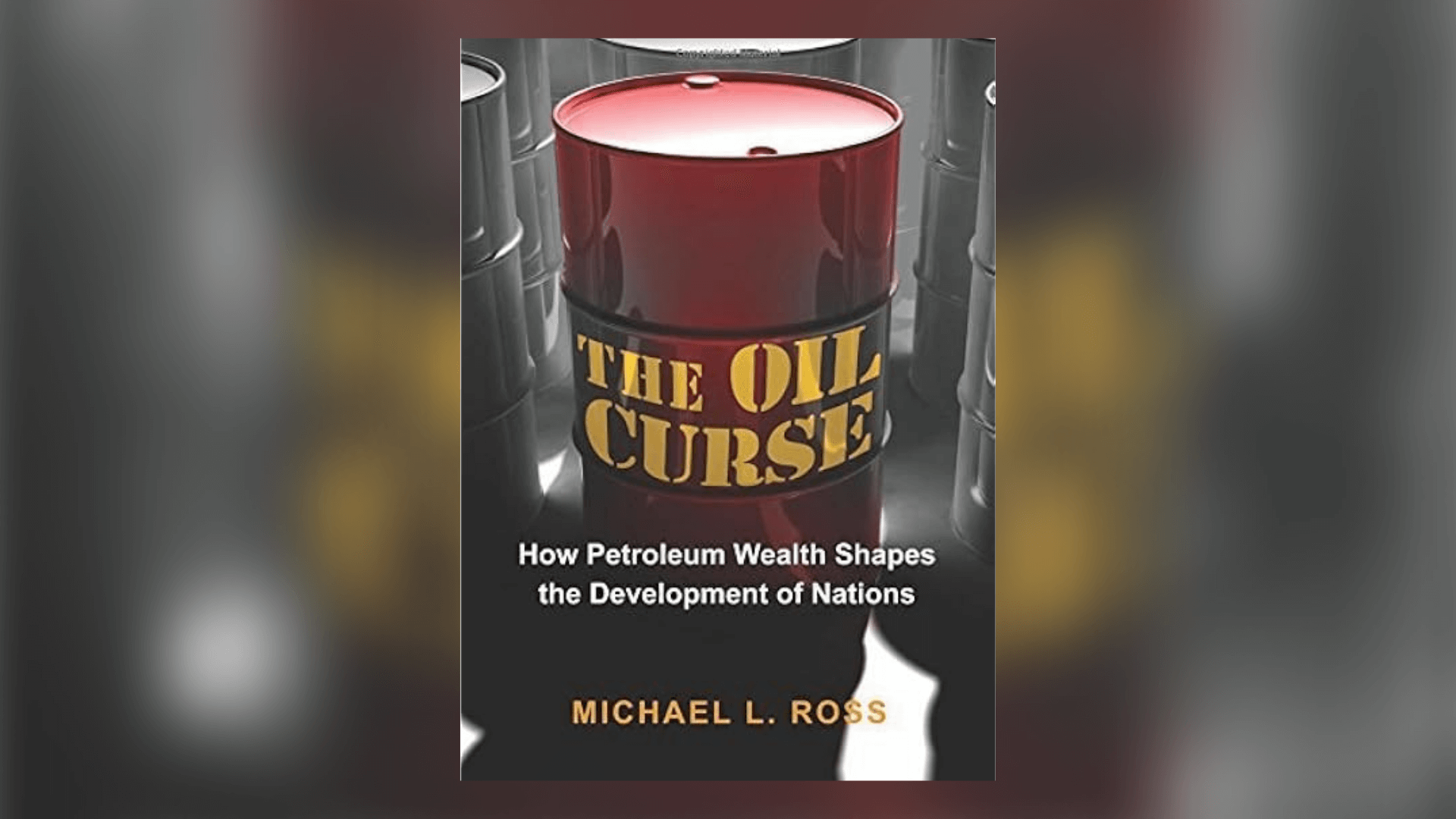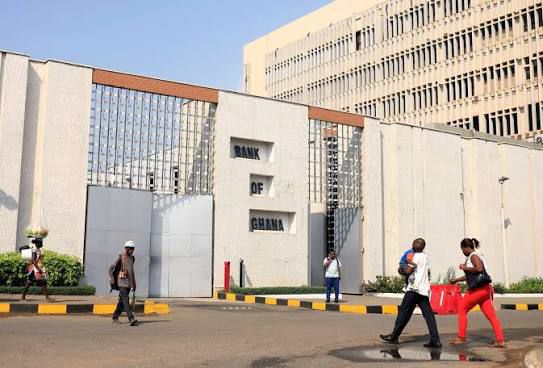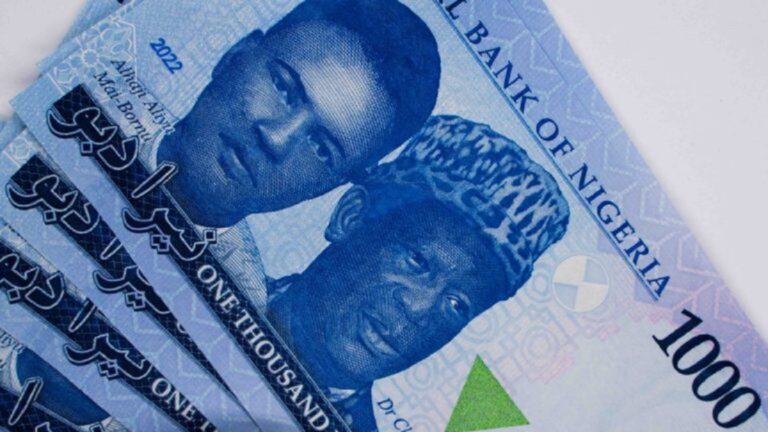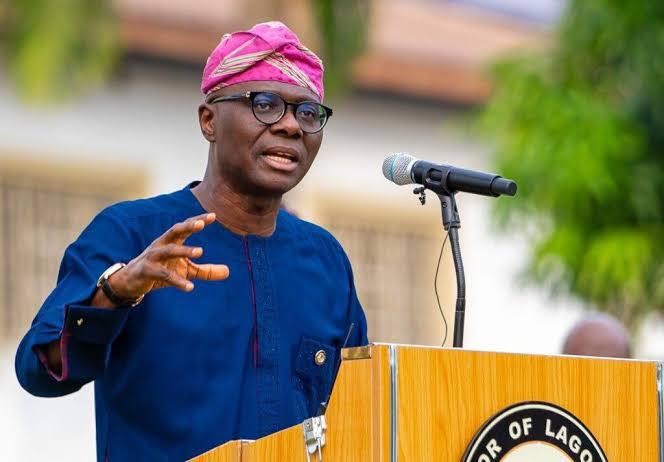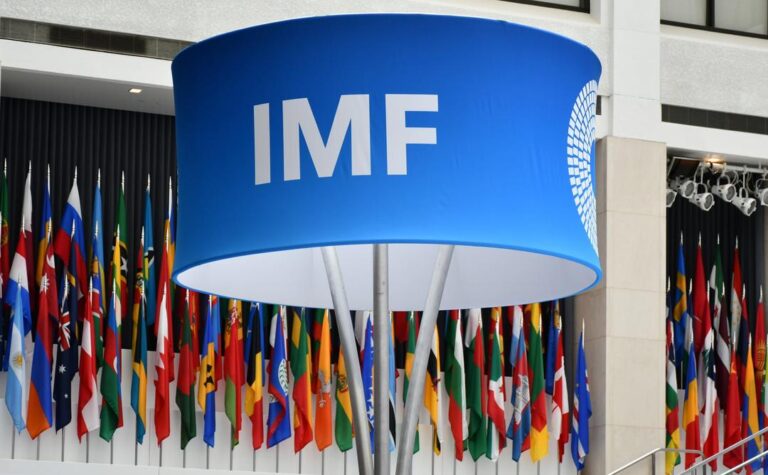Author – Michael L. Ross
Did you know that Nigeria’s real per capita income has rarely changed since independence? The graph below shows Nigeria’s per capita income 1960 – 2019, before Covid – 19 and the Russia / Ukraine shocks. It shows that the average Nigerian is better off by just US $1,000, compared to 1960. The global average is three times better. The per capita income was US $1,367 in 1960 and was US $2386 in 2019. Over a 60-year period, average per capita income increased by a mere US $0.16 cents annually, equivalent of less than N80 in today’s Naira. The data is adjusted for inflation using 2010 constant prices.
Nigeria’s GDP Per Capita 1960 – 2019 in 2010 constant prices

The reason for this poor economic performance is lucidly explained by Michael Ross. It is relevant because, since the 1970s, Nigeria hasbeen trying to deal with the “curses” that oil wealth brought to the country, and a new President trying to do give it another impetus.
This book is an inglorious description of all that has gone wrong with Nigeria and many other developing nations that stumbled into oil wealth in the 1970s. It is a political economic explanation of how a combination of factors led to the oil price shock of 1973, including the decline of the powers of the oil majors, squeeze in supply, and the rising nationalization of oil companies in that period, especially after OPEC was established.
The historical context was a good reading, but perhaps the most ingenious part of the book is how it explains how oil revenue, as a source of government revenue, the size and scale of it, the secrecy of it, and the capital-intensive nature of it helps shifts economic and social changes in oil wealth developing nations that overall benefit is suspect. Its effects include less democratic institutions, gender inequality, violence, and poor growth. Reading the book, you will make you understand how the size of Nigeria’s government grew, the indigenisation and nationalization policies of industries in the 1970s, the rise of the military in the 1970s through the 1990s, the low ratio of taxation to government revenue, corruption, and the inequality it propels. The good news is that democracy gives us a chance to leverage on the oil wealth, and minimise the curses associated with it. It is a good book to read at this time, so mistakes of the past are not repeated again and again.




